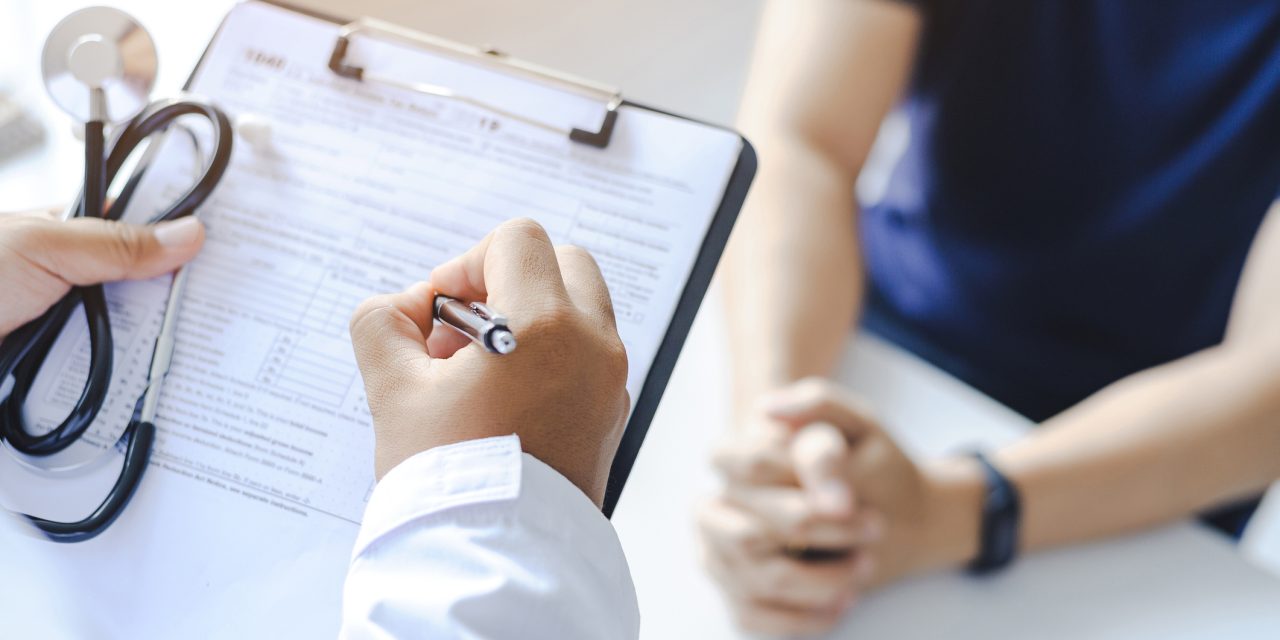By Stacie Phan
The recent decision by the Centers for Medicare & Medicaid Services (CMS) to change a billing policy that jeopardized the long-term stability of the biosimilars market is a huge win for patients and the nation’s health care system. The new policy paves the way for increased development of biosimilars, which, if accompanied by increased educational efforts, can ensure that even more people benefit from these lifesaving drugs.
Biosimilars, which are versions of “biologic” drugs, are used to treat chronic and life-threatening conditions such as cancer, anemia and autoimmune disorders. Extensive clinical research reviewed by the FDA has proven that these drugs are as safe and effective as their reference biologics. And they could save money—a recent analysis from the RAND Corporation, found that biosimilars could reduce healthcare spending by $54 billion over the next decade.
For these savings to reach payers and patients, biosimilars need a robust market that will increase patient access; the new CMS reimbursement policy will make this possible.
The Healthcare Common Procedures Coding System (HCPCS) billing policy approved by CMS in 2016 had grouped together all biosimilars that have the same reference biologic drug, and paid out reimbursement based on the average sales price of the group. This meant that these biosimilars were being treated as if they were same, which is inaccurate scientifically, inconsistent with the FDA’s regulatory process, and would have decreased competition in the marketplace.
Fortunately, CMS responded to the concerns of more than 200 organizations representing patients, providers, and other stakeholders who urged the agency to foster a competitive biosimilar market by assigning separate payment codes for each biosimilar.
The CMS rule change will assign each biosimilar a unique billing code, leading to opportunity for increased competition, greater cost savings, and more choices for patients.
Just last month, the Federal Drug Administration (FDA) announced a new educational campaign to increase awareness among physicians about the safety and efficacy of biosimilars. Taken together, these initiatives represent a significant step forward in promoting greater biosimilar use in the U.S.
With the new policy set to take effect in 2018, allowing each biosimilar to have its own billing code and payment amount, CMS has provided reimbursement stability that will allow the biosimilar industry to introduce more biosimilars in future years. The Biosimilars Forum estimates that the new rule will provide significant savings, reducing Medicare costs by $65 billion over the next 10 years, 30% more than the CMS’ 2016 payment policy.
Along with significant long-term savings, issuing unique HCPCS billing codes to each individual biosimilar drug makes billing procedures more transparent across all payers. The rule change also increases patient safety by ensuring physicians are able to identify the correct treatment using its unique billing code.
Unique billing codes for each biosimilar additionally allows for differences in reimbursement based on important patient-centric considerations including variation in delivery devices, patient support programs, number of indications covered, and the reliability of the manufacturer in supplying a product.
Biosimilar medicines will play a central role in enabling Medicare and the overall healthcare system to achieve significant savings over the next decade and beyond, so long as policies incentivize a robust and competitive market. Such policies have long been in place in Europe, Australia, and South Korea, where patients suffering from a range of painful and chronic conditions benefit from these safe and effective drugs every day.
CMS is to be applauded for revising their reimbursement policy to assign each biosimilar a unique HCPCS billing code. With seven biosimilars already approved by the FDA—including the first two that share the same reference product—and 60 more in the development pipeline, this rule change sends a clear message to biosimilar developers, doctors, and patients that a U.S. biosimilars market is cost-effective, sustainable, and ready to flourish. Now we need to make sure doctors and patients can realize the benefits of these lifesaving therapies.
Stacie Phan is President of the Biosimilars Forum


